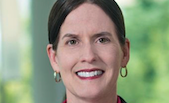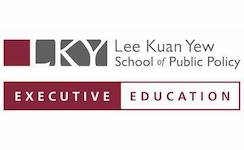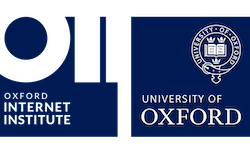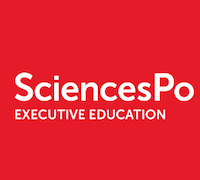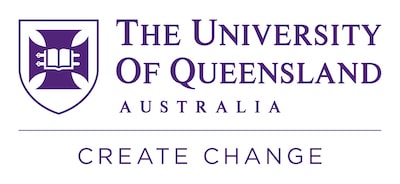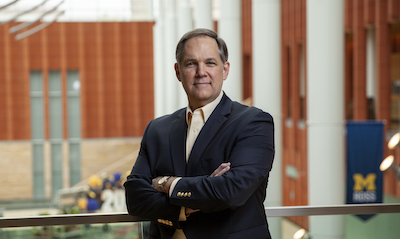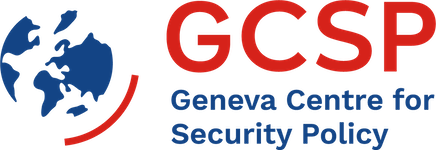Mid Career Fellowship > Curriculum
Curriculum
The Internet Society’s Mid Career Fellowship curriculum aims to empower current Internet leaders with the knowledge and skills to navigate digital transformation and disruption in these times of volatility, uncertainty, complexity, and ambiguity (VUCA).
Key topics include:
- Advocacy, and Communications
- Internet Flashpoints
- Internet History and Technical Architecture
- Multistakeholder Internet Governance
- Internet Core Characteristics
- Digital Transformation and Regulation
- Internet Network Building and Connection
- Internet Threats and Solutions
- Futures Thinking Methodology
- The Three Horizons Model
- Emerging Trends Identification
- Preferred Futures Mapping
- Systems Thinking
- Design Thinking
- Systems and Design Approaches and Tools
- Global Leadership Perspectives
- Internet Decisions in the Dark
- Leadership and Collective Intelligence
- Influence Decision-Making
Coursework is delivered through a combination of online lectures, tutorials, live interactive seminars, events, and discussion sessions with faculty, experts, and guest speakers.
Onboarding
The Fellowship Onboarding is comprised of two sessions.
- Session 1 is an overview of the Mid Career Fellowship, where the Internet Society Team presents the program’s structure, lecturers, speakers, and the range of support mechanisms available to the Fellows. The session also includes the Internet Society’s expectations of and aspirations for the Fellows, Fellows’ expectations of each other, and requirements for the successful completion of the Fellowship.
- Session 2 is an introduction to the Internet Society, its history, accomplishments, and current priorities.
Core Modules
Module 1: Internet Critical Properties and Enabler
Led by Dr. Laura DeNardis, Professor at the School of Communication at American University and faculty director of the Internet Governance lab, this module focuses on the Internet’s history, technical development, governance, and core characteristics.
Module 2: Digital Transformation and Key Internet Issues
Led by the Oxford Internet Institute, this module covers key issues such as Internet regulation, security, and development, focusing on specific and current challenges that are complex and multi-faceted, requiring multi-disciplinary and holistic responses that allow us to face digital transformation.
Module 3: Digital Futures and Strategic Foresight
Led by the Lee Kuan Yew School of Public Policy–National University of Singapore, this module explains how strategic foresight can help explore future scenarios when addressing digital disruption.
Module 4: Systems and Design Thinking
Led by the Centre for Policy Futures –The University of Queensland, this module provides Fellows with systems and design thinking concepts, approaches, and practical tools to inform their decisions in shaping the future of the Internet.
Module 5: Leadership and Decision-Making
Led by Sciences Po Executive Education, this module focuses on how to lead and make successful decisions in digital environments characterized by VUCA.
Transversal Components
Transversal components are essential parts of the Fellowship and are meant to complement and support the learnings and deliverables of the five core modules.
Case Study Work
The Fellows are asked to work in groups and address problems and find potential solutions through the tools of strategic foresight, systems, and design thinking. This encourages the Fellows to put into practice the skills and tools they are acquiring in the Fellowship. The findings will be presented by the small groups during the Symposium.
Trend Talks
Presentations by expert organizations or individuals on specific topics occur during the Fellowship. Topics and speakers include:
- Leadership in VUCA environments by Dr. Mike Barger from Stephen M. Ross School of Business, University of Michigan
- Digital Geopolitics by Geneva Center for Security Policy (GCSP)
- Advocacy and Communications by Internet Society and Internet Society Foundation
Cross-Sector Networking
The Fellows have the invaluable opportunity to virtually rub shoulders on a regular basis with leaders from around the globe and across professions and sectors. At the same time, Fellows can share their own experiences in times of digital transformation and disruption.
Coach Check-Ins
Fellows can meet with the Fellowship’s Coach for informal check-ins. The Coach is available to answer any questions, guide Fellows through the program, be a sounding board for their experiences and possible concerns, and provide the general support Fellows might need to grow and develop during the Fellowship.
The Symposium
The Mid Career Fellowship culminates in the Symposium.
At this final event, Fellows present their group work addressing Internet challenges, illustrating their leadership skills and the use of strategic foresight, systems and design thinking, along with innovative, holistic, multistakeholder, and multidisciplinary approaches.
Image copyright: ©Frederic Courbet/Panos Pictures
